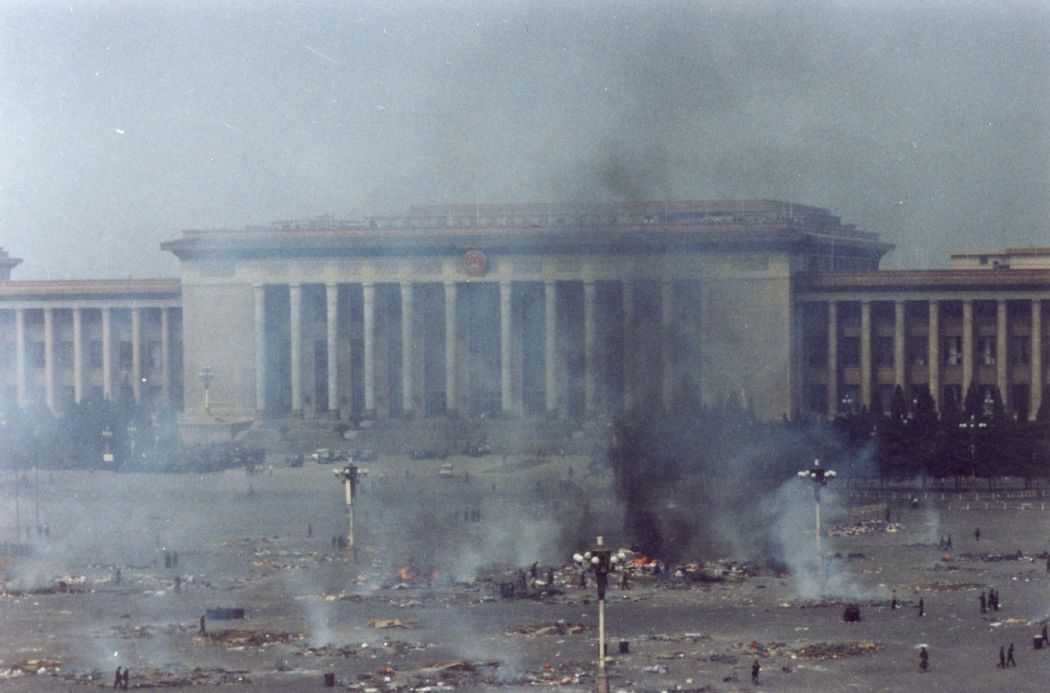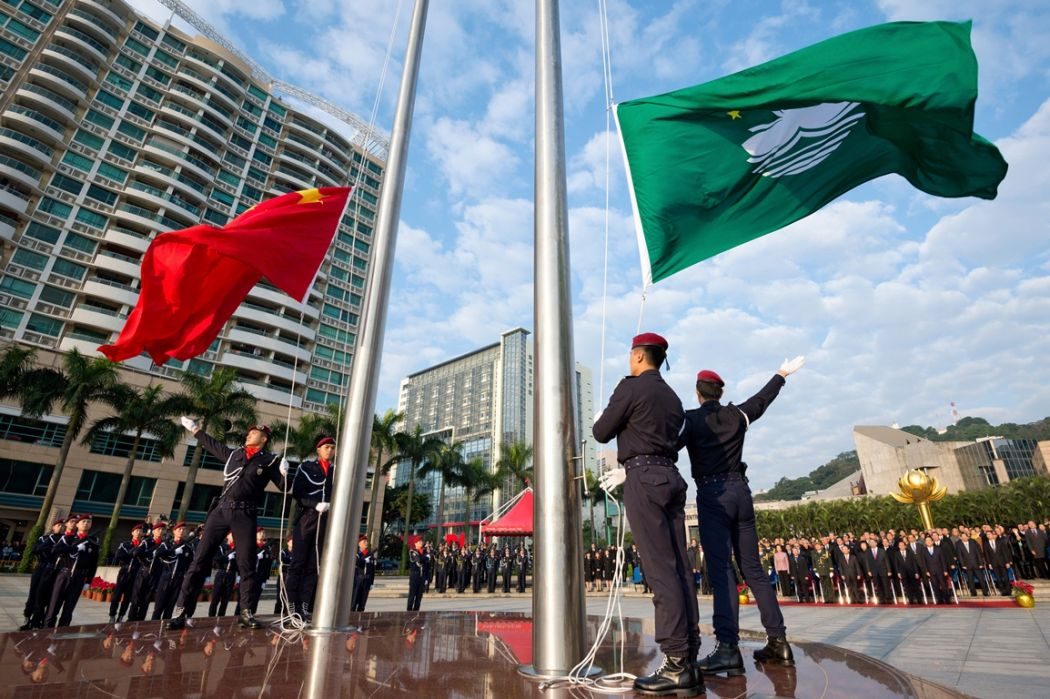Macau has banned an annual photographic exhibition on the 1989 Tiananmen Massacre.
The Democratic Development Union’s open-air exhibition has taken place unhindered for two decades. However, the Municipal Affairs Bureau withdrew its authorisation for the 2020 show last week.

“Our administrative council has decided to standardise orders,” the bureau’s President Jose Tavares, said. “That is, requests for the use of our spaces must match our attributions and competencies. It was a decision that we made on the council,’ Tavares added, according to Macau Business.
The Tiananmen crackdown occurred on June 4, 1989 ending months of student-led demonstrations in China. It is estimated that hundreds, perhaps thousands, died when the People’s Liberation Army cracked down on protesters in Beijing.
The 2020 event gained approval earlier this year, but the decision was revoked last week. Lawmaker Ng Kuok Cheong, an organiser, called the revocation “political” according to Macau News.
The Municipal Affairs Bureau partly exists to promote civic education and “encourage harmony and coexistence” among the Special Administrative Region’s communities.

The exhibition is usually held alongside a candlelit vigil in Senado Square each June 4. It is unclear if the vigil will be permitted to go ahead, which is usually attended by hundreds. A simultaneous vigil in Hong Kong often attracts hundreds of thousands.
